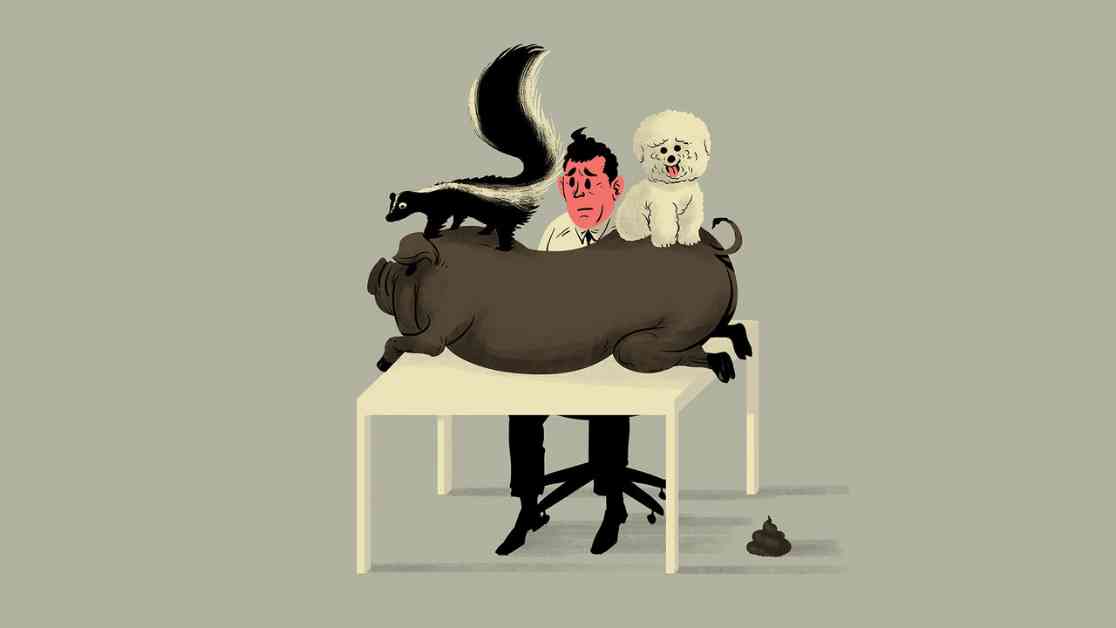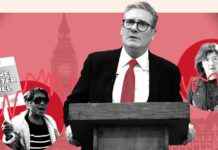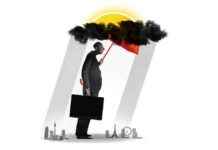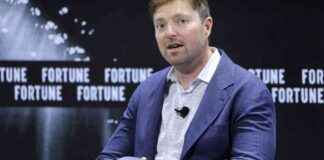The Economist’s Agony Uncle Returns: Addressing Workplace Woes
In a world where pets, drugs, and schedules can send us spiraling, one man has made it his mission to offer advice and solace to those in need. Max Flannel, The Economist’s beloved agony uncle, has returned to the scene to tackle the everyday conundrums and dilemmas faced by readers around the globe. His latest postbag is filled with queries, but one in particular stands out – a reader grappling with a workplace policy allowing dogs in the office.
Canine Conundrum: Navigating Office Pet Policies
The reader, whose identity remains anonymous, expresses discomfort with the presence of dogs in the workplace. While many of their colleagues relish the opportunity to bring their furry companions to work, this individual finds themselves at odds with the idea. In a candid admission, they confess to not being a fan of dogs or people, questioning whether they must simply grin and bear the situation.
Expert advice from Max Flannel is sought to unravel this workplace dilemma, shedding light on possible solutions and coping mechanisms. With the rise of pet-friendly office policies, navigating such scenarios has become increasingly common in modern workplaces. How can individuals reconcile personal preferences with professional environments, where the boundaries between work and personal life blur?
Insightful Responses and Reflections
As The Economist’s agony uncle, Max Flannel brings a unique perspective to the table. His thoughtful responses often blend wit with wisdom, offering practical advice while delving into the deeper complexities of human relationships and societal norms. In this case, the delicate balance between individual preferences and collective harmony is put to the test.
Drawing from his wealth of experience and empathy, Max Flannel addresses the reader’s concerns with nuance and understanding. Through his guidance, readers are encouraged to reflect on their own values and boundaries, while also considering the impact of their choices on those around them. Workplace dynamics, he reminds us, are a microcosm of larger social structures, where compromise and empathy play crucial roles.
Broader Themes and Global Perspectives
The reader’s query, though seemingly specific to their workplace setting, touches on broader themes of inclusivity, diversity, and respect. As organizations strive to create inclusive environments that accommodate varying preferences and needs, questions around pet policies, flexible work arrangements, and individual rights come to the forefront. How can companies strike a balance between fostering a positive work culture and respecting the diverse needs of their employees?
In a rapidly changing world where traditional norms are being challenged and redefined, the role of advice columnists like Max Flannel becomes ever more pertinent. By engaging with readers on a personal level and addressing their concerns with empathy and insight, he navigates the complex terrain of modern life with grace and humor. Through his columns, readers are reminded of the shared humanity that binds us all, despite our differences.
Parting Words of Wisdom
In a world filled with uncertainties and complexities, finding solace in the words of a trusted advisor can offer a semblance of clarity and comfort. As The Economist’s agony uncle, Max Flannel continues to serve as a beacon of wisdom and guidance for readers seeking answers to life’s myriad questions. Whether grappling with workplace dilemmas, personal struggles, or societal challenges, his words remind us of the power of empathy, understanding, and connection in navigating the highs and lows of life.
As we bid farewell to this installment of Max Flannel’s postbag, let us carry his insights with us as we navigate the intricacies of our own lives. With each query answered and each dilemma pondered, we are reminded of the enduring value of seeking advice, sharing experiences, and embracing the complexities of the human experience. And as The Economist’s agony uncle makes his comeback, we eagerly await the next chapter in his ongoing journey of empathy, wisdom, and wit.



















